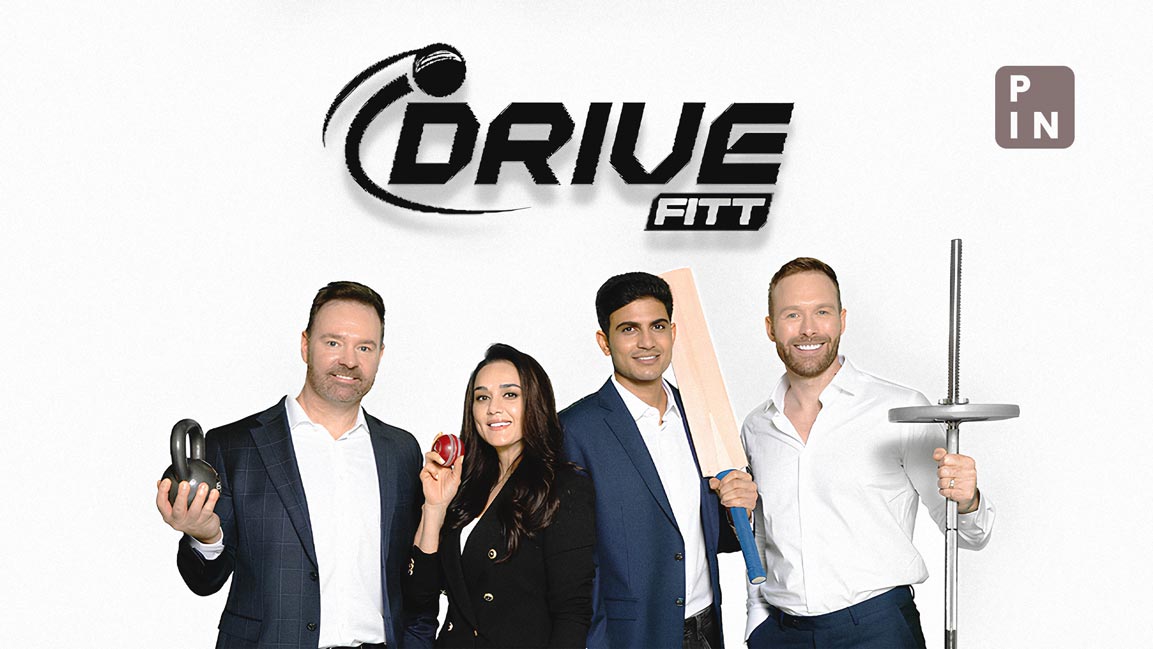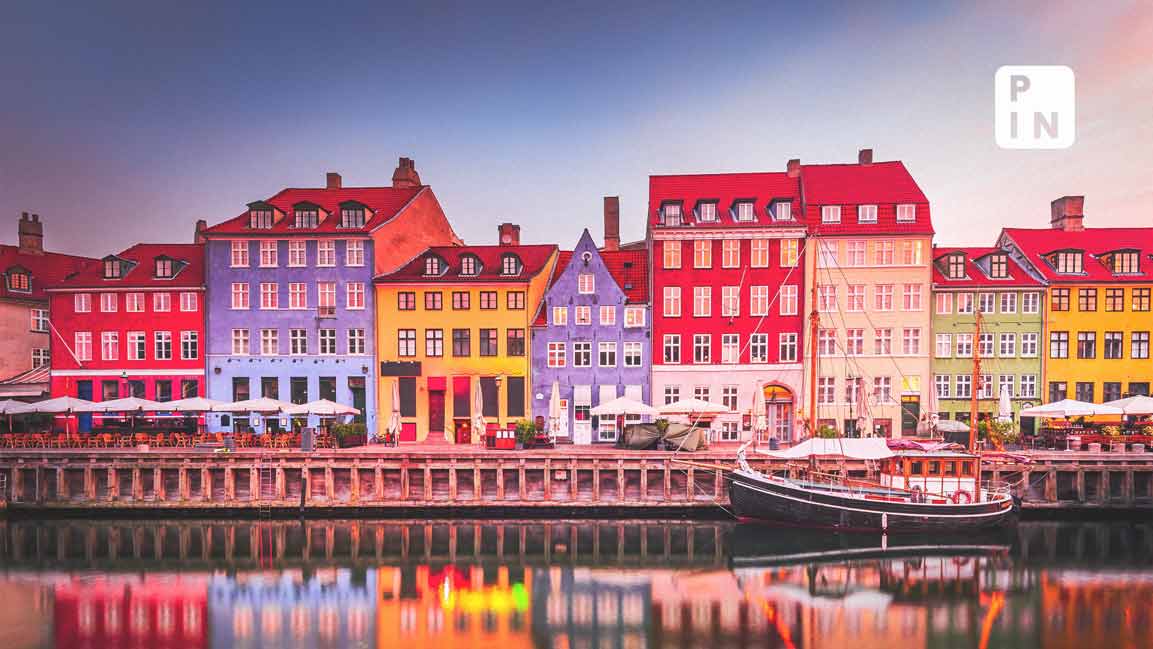- | 5:24 pm
Energy drink consumption linked to insomnia in youngsters, new study shows
The popularity of high-caffeine energy drinks among teenagers and gym enthusiasts in India has alarmed the government, with the regulator mandating less than 300 mg of caffeine per liter

Even moderate consumption of highly caffeinated energy drinks can be detrimental to sleep quality and even cause insomnia, a new study has showed.
A large-scale study published in the BMJ Open Journal has raised concerns about the potential impact of energy drinks on sleep.
The study surveyed more than 53,000 people aged between 18 and 35 in Norway and shed fresh light on the potential negative effects of these frequently consumed beverages. Researchers concluded that those who consumed them every day slept about half an hour less than those drinking them occasionally or not at all.
And the higher the frequency of consumption, the fewer hours of nightly sleep clocked up. But even just the occasional can—one to three times a month—is linked to a heightened risk of disturbed sleep, the researchers found.
These energy drinks, with their average caffeine content of 150mg per liter alongside sugar, vitamins, and other additives, are touted as boosters of mental and physical performance, gaining popularity, especially among young people who often rely on them.
According to Dr. Neeti Sharma, a diet consultant at Marengo Asia Hospitals, energy drink consumption can interfere with sleep patterns by increasing the amount of time it takes to fall asleep and decreasing the amount of time spent sleeping overall, especially in the evening or near bedtime.
Men having two or three drinks a week were 35% more likely to have a bedtime after midnight, 52% more likely to sleep less than six hours, and 60% more likely to wake in the night than those who did not or rarely drank them, according to the study.
Additionally, women were 20% more likely to have a bedtime after midnight, 58% more likely to sleep less than six hours, and 24% more likely to wake in the night.
Energy drinks can also disrupt sleep, which results in fewer sleep quality hours and more frequent awakenings during the night,” said Dr Sharma.
“Regular energy drink intake can cause chronic sleep problems, which can lead to mood swings, poor cognitive function, insomnia, and an increased risk of accidents or injuries from sleep deprivation,” she added.
Why does this happen?
Adenosine is a neurotransmitter that encourages relaxation and sleep.
Neurotransmitters are molecules that act as the body’s chemical messengers, transmitting signals from our brain cells to the muscles in our body or between different brain cells.
Caffeine, a stimulant of the central nervous system, inhibits adenosine receptors in our brain, thus promoting alertness and delaying the onset of sleep.
For women drinking energy drinks daily, 51% of those who participated in the study reported suffering insomnia, compared with 33% of women who drank the drinks occasionally or never. Among men, 37% of daily drinkers suffered insomnia, compared with 22% of those who rarely or never had the drinks.
Men who were daily drinkers were more than twice as likely to say they slept fewer than six hours a night as infrequent drinkers, while women were 87% more likely to do so.
But even those having one to three energy drinks a month had bigger sleep issues than those who never touched them, the study suggested.
As high-caffeine energy drinks become more popular among teenagers and gym enthusiasts in India due to the inclusion of more affordable and widely available products, health risks associated with these drinks have alarmed the government as well.
According to a representative from the Food Safety and Standards Authority of India (FSSAI), with the rise in local brands of energy drinks coming into the market and other soft drink manufacturers also stepping in, it can be seen that the overall consumption of such drinks has increased in recent years.
“Any caffeinated energy drink that is manufactured by mandatorily following FSSAI standards and regulations is safe when consumed within the limits that have been specified but it is always advised to avoid any consumable with excess sugar while maintaining a healthy lifestyle which is also highlighted in our Eat Right India initiative,” said the representative.
In July 2018, FSSAI launched the ‘The Eat Right Movement’ in an attempt to better public health in the country and combat negative nutritional trends.
According to FSSAI’s standards and regulations for all the standardized products, a caffeinated beverage should not contain more than 300mg of caffeine per liter, and a warning label stating that no more than 500 ml of this drink should be consumed within a day has to be placed on the packaging.
However, one of the most popular energy drink brands sold in India, Hell Energy, contains 320 mg of caffeine per liter, according to their website, which is higher than FSSAI’s standards.
Interestingly, however, their packaging for India states that the drink contains 300 mg of caffeine per liter, which is exactly the same as FSSAI’s standards’ maximum allowance.
Hell Energy did not respond to requests for comment at the time of publication.
According to the market research firm Nielsen, in 2023, the Hungarian-owned brand outperformed the competition and ranked first in the aluminum can segment of the energy drink category in terms of units sold.
A study published in the journal Public Health suggested a link between consuming energy drinks and a higher likelihood of experiencing ADHD symptoms, along with psychological distress, depression, anxiety, problems with insulin regulation, and dental issues.
A large-scale review of 57 studies, encompassing over 1.2 million children across 21 countries, conducted by researchers from Newcastle University in the UK, found an association between energy drink consumption in young people and several negative outcomes. These include poorer sleep quality, shorter sleep duration, and lower academic performance compared to non-consumers.
According to Dr Sharma, it is essential to run extensive public awareness initiatives, as most of the consumers of these drinks aren’t even aware of the health risks associated with them.
“By enabling people to make educated decisions, these coordinated initiatives can encourage a better consumption pattern and lessen the negative impacts of excessive energy drink consumption on general public health,” she said.













